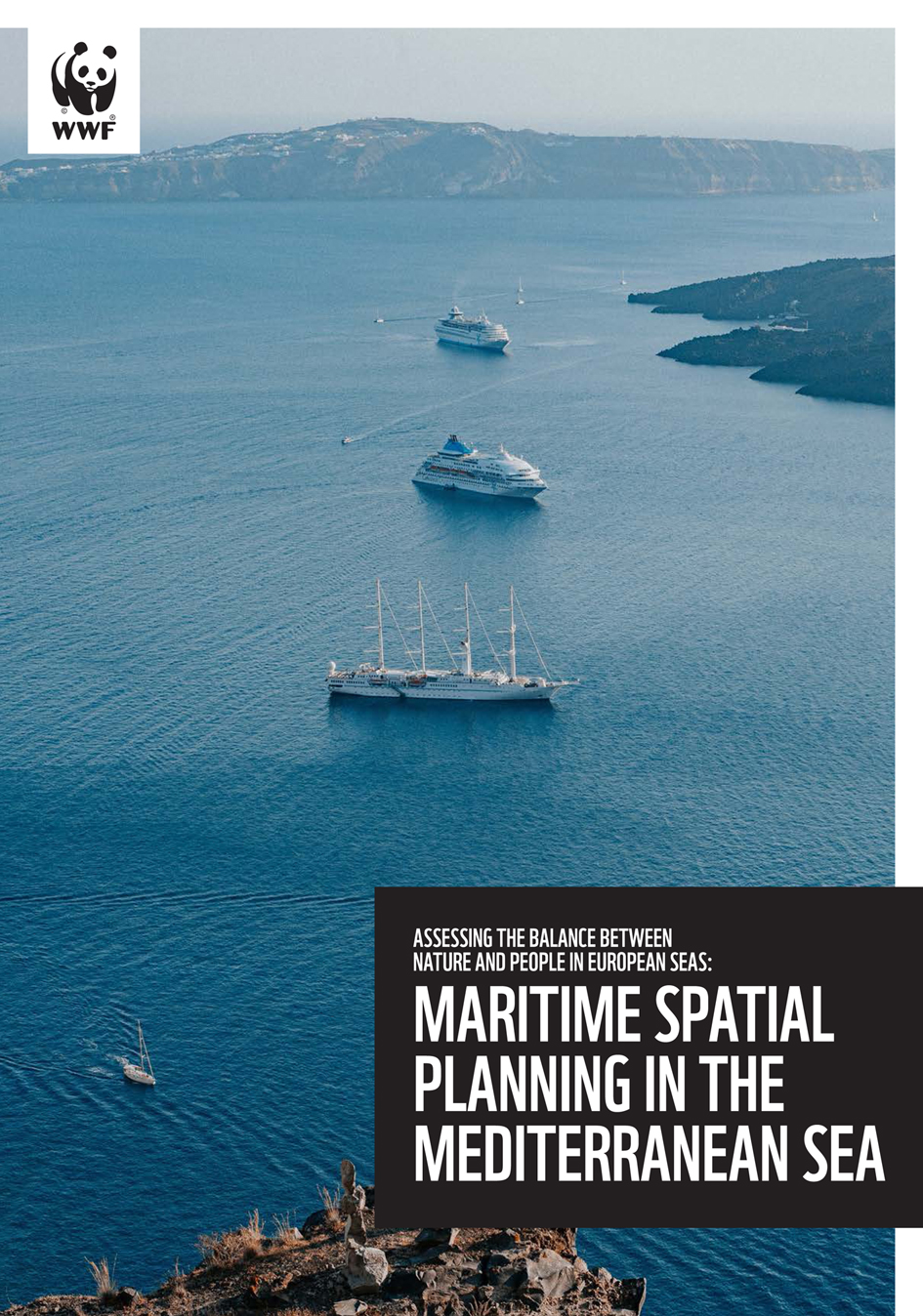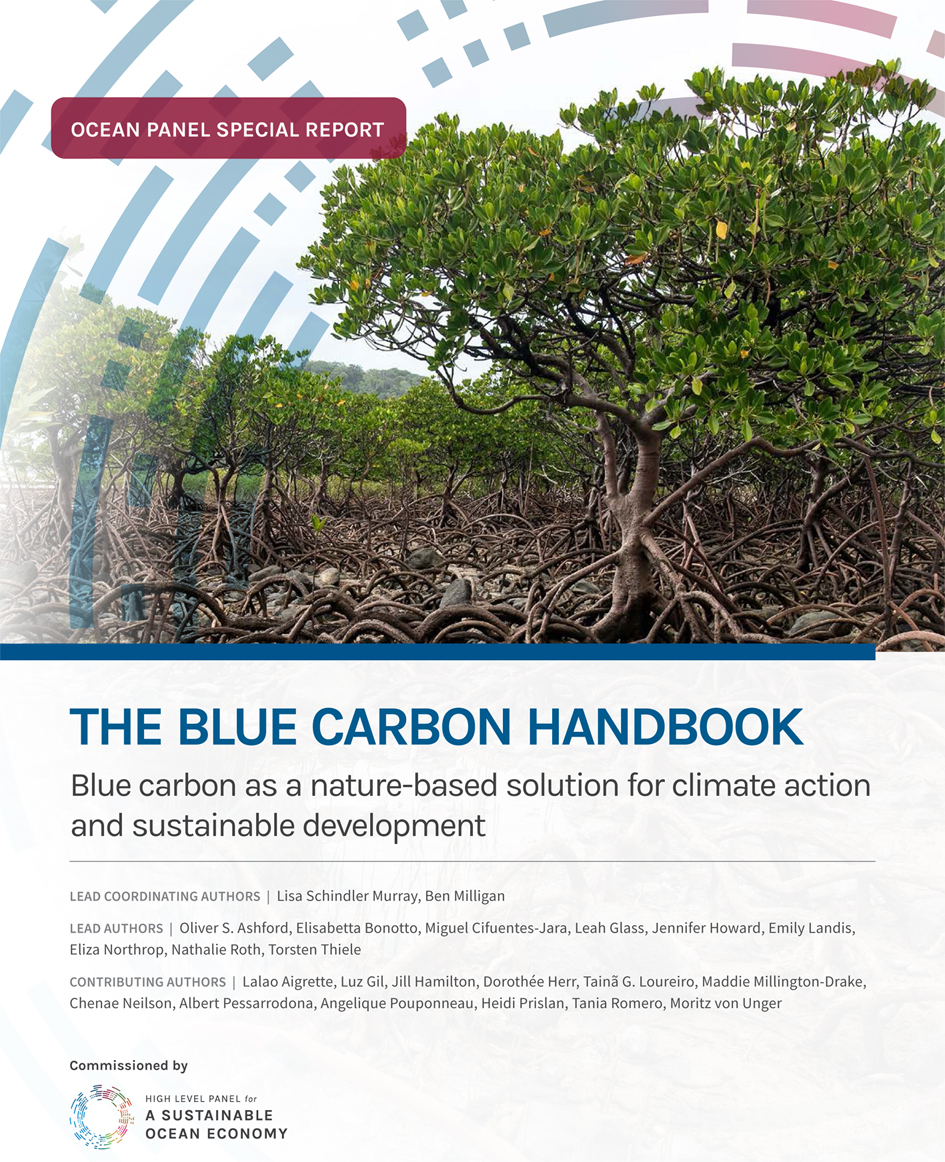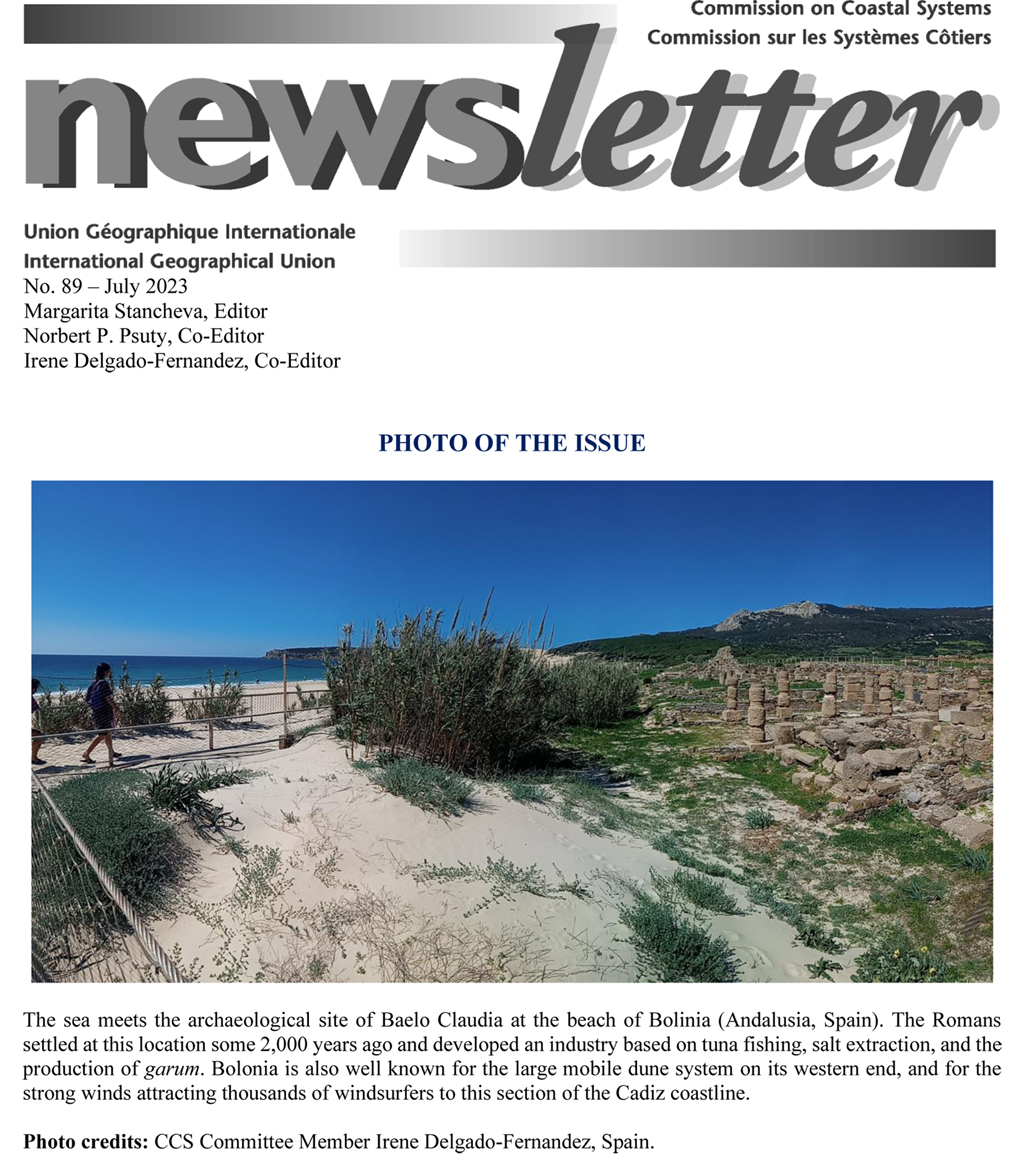News
CCS July 2023 Newsletter published and ready for read!
The Commission on Coastal Systems (CCS) to the International Geographical Union (IGU) is delighted to inspire you with July 2023 Newsletter: you can discover the latest news, CCS recent and upcoming activities, meetings and collaborations by following the CCS website: http://igu-coast.org/
The CCS Newsletter is issued twice a year and highlights the activities of the Commission on Coastal Systems and its members all across the world. If you would like to join CCS network, you only need to fill out the form at the end of the Newsletter or to get in contact with CCS!
Enjoy the content of CCS July 2023 Newsletter and participate by sharing information and disseminating it to your wide networks and interested readers. Please visit CCS website, join CCS coastal community, and share your exciting ideas and outcomes with CCS.
Commission on Coastal Systems, International Geographical Union
A new WWF assessment of MSP in the EU Mediterranean published!

National maritime plans are misaligned within and across borders, fail to account for climate change, and are off track to achieve renewable energy and marine protection targets.
A new WWF assessment of maritime spatial planning (MSP) in the EU Mediterranean reveals the region is significantly lagging behind in applying an ecosystem-based approach to the long-term management of the basin.
Read more: A new WWF assessment of MSP in the EU Mediterranean published!
BLUE CARBON HANDBOOK: NATURE-BASED SOLUTIONS FOR CLIMATE ACTION AND SUSTAINABLE DEVELOPMENT

With the urgent need for accelerated climate action to halt the worst impacts of climate change, the world’s coastlines offer a natural solution in ‘blue carbon’ ecosystems that can have an immediate impact.
Blue carbon ecosystems such as mangrove forests, seagrass beds and tidal marshes are vital natural assets. Their importance in helping to mitigate climate change is, on its own, a strong argument for their active protection and conservation. Yet, these ecosystems also provide a myriad of other local and global benefits such as enhancing biodiversity, supporting the food and economic security of coastal communities, and buffering and protecting coasts from erosion and flooding, reinforcing their wider importance for sustainable development.
While global interest in blue carbon is rising, the full potential of this nature-based solution for delivering on the ambitions of the Paris Agreement, the Kunming-Montreal Global Biodiversity Framework, and a sustainable ocean economy is not yet being realised. Meanwhile these ecosystems continue to be destroyed and degraded worldwide.
MSP-GREEN FIRST NEWSLETTER PUBLISHED!

Discover latest insights, reflections and take-home-messages on the already carried and upcoming MSP-GREEN project events and activities!
Introducing the project and its consortium
Covering 5 European sea basins - The Baltic sea, the North Sea, the Mediterranean,The Black sea and the Atlantic Ocean, the MSP-GREEN project contributes to align maritime spatial plans (MSPs) to the ambition of the European Green Deal(EGD). The framework aims to provide a cross-cutting approach to the EGD keytopics relevant for marine environment and sustainable transition of blue economy: (1) climate change, (2) circular blue economy, (3) marine biodiversity, (4) marinerenewable energy, (5) sustainable food provision. Co-funded by the European Maritime, Fisheries and Aquaculture Fund, the MSP-GREEN project gathers partners from Italy, Spain, France, Latvia, Finland, Bulgariaand Germany. Partners are: CORILA (Coordinator), CNR-ISMAR, IUAV (IT), CEREMA, IFEMER, UBO (FR), IEO (CSIC)(SP), MoEPRD (LV), RCSW (FI) and CCMS (BG). Associated Partners: VASAB and BSH (DE).


